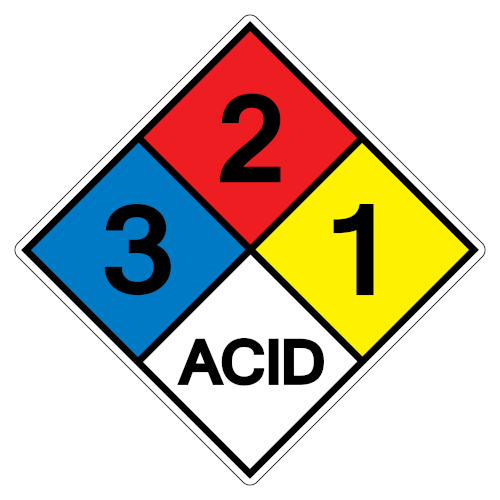How Many Extensions to Respond to Discovery Should Be Provided to Opposing Counsel?
Lawyers have plenty of differing opinions on this issue. Some lawyers are very generous about granting extensions to opposing counsel. Other lawyers are not so generous when it comes to granting extensions.
The Santa Clara County Bar Association Code of Professionalism, Section 4, states, “Consistent with existing law and court orders, a lawyer should agree to reasonable requests for extensions of time when the legitimate interests of his or her client will not be adversely affected.”
Who is right on this issue? How should lawyers handle extension requests during litigation?
The 3-2-1 Method
At Suits Litigation, Inc., we use the 3-2-1 method for granting requests for extensions to respond to discovery. It’s very simple. When opposing counsel requests their first extension, we grant them a 3-week extension. If they request a second extension, we grant them a 2-week extension. If a third extension is requested, we grant them a 1-week extension. When we grant the 1-week extension, we let them know that it’s the last extension we can grant and that if they need additional time, they will need to file a motion with the court for additional time. At that point, they need to get their responses sent over to us.
This method results in a maximum of 6 weeks of extensions. When you combine the original deadline of responding to discovery, which will be 30 days or more, depending on the method of service, opposing counsel will have about 10 weeks to respond. This should be plenty of time to complete their responses.
Flexibility with the 3-2-1 Method
Bear in mind that the 3-2-1 method is a principle, not a black and white rule. There can be situations where opposing counsel is in a serious bind where they simply can’t get the responses completed, such as where opposing counsel is out of commission due to a serious illness, they can’t locate their client, or there is some other major impediment to responding to discovery. If there’s a legitimate reason that they need additional time, we’ll evaluate their situation and determine if we should grant additional time.
We of course have to take into consideration whether the requested extension might harm our client in any way. We grant extensions as long as it won’t be problematic for our client’s case. For instance, if we’re talking about discovery issued late in the litigation process, where you have an important event such as mediation or trial coming up, then you might not have the luxury of providing 6 weeks of extensions. In that case, extensions may need to be granted on a much tighter time frame. But, during the majority of the case, it’s pretty rare that extensions are going to be prejudicial to our client, so it’s usually fine to grant them to opposing counsel.
Extensions Should Be Granted as a Matter of Professional Courtesy
We like to think we’re pretty generous with granting extensions at Suits Litigation, Inc. We try to be professional and courteous with opposing counsel. We think being flexible on granting discovery extensions is a part of that.
If you’re thinking about denying a request for an extension by the opposing party, keep in mind that you might be the one who needs the extension in the future. If you’re reasonable about granting extensions, the other party is much more likely to be reasonable when you need an extension.
If you would like a free consultation regarding a personal injury matter, feel free to call Suits Litigation, Inc.’s office in San Jose, California at (408) 637-5413.

